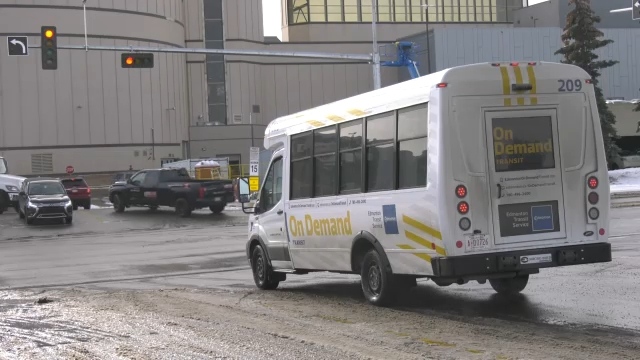November 3, 2022
City Administration has released the 2023-2026 Proposed Operating Budget, the second of four budgets that City Council will consider and finalize over the next six weeks.
The budget lays out the City’s proposal for the programs and services it will deliver to Edmontonians over the next four years. It focuses on maintaining the services that Edmontonians need and expect, and delivering the transformational projects that will help to achieve the City’s long-term goals.
“The Proposed 2023-2026 Operating Budget balances the needs and aspirations of Edmontonians with economic realities and pandemic recovery,” said Andre Corbould, City Manager. “We understand the financial pressures that Edmontonians are facing, and we have worked hard to maintain service levels while keeping tax levels as affordable as possible.”
“The City acted quickly at the outset of the pandemic to reduce City budgets and set up a reserve fund to manage the costs associated with the impacts of COVID-19,” said Stacey Padbury, Chief Financial Officer. ”Those financial strategies were effective and, while the City is in good financial shape going into the next budget cycle, we are feeling the effects of economic uncertainty, high inflation, rising costs and reduced revenues.”
The proposed budget calls for annual revenues and expenditures to range from $3.2 billion in 2023 to $3.5 billion in 2026 and includes:
- $14.3 million over four years to grow existing services to serve a growing city, including funding for the next municipal election.
- $92.8 million over four years for new or enhanced services, including those that respond to emerging needs like the Downtown Vibrancy Strategy and the Chinatown Strategy.
- $57.2 million over four years to fund operations for new fire stations, improvements to 911, implementation of the safe mobility strategy, new LRT lines, improved air and surface purification systems on public transit, another phase of Nature’s Wild Backyard at the Valley Zoo and the planning needed to open the new recreation centre at Lewis Farms.
- $7 million increase to the base budget for the Edmonton Police Service in 2023, which equates to $28 million over 4 years. The increase is based on an updated funding formula, which accounts for the impacts of inflation and population growth.
After years of tax increases lower than consumer inflation, a slightly higher increase is needed now. This proposed budget will require annual property tax rate increases of 3.9 per cent, each year, from 2023 to 2026. This comes out to about $718 for every $100,000 of Edmontonians’ assessed property value in 2023—an increase of $27 compared to 2022.
The 2023-2026 Proposed Operating Budget will be presented to Council on November 14. It is one of four proposed budgets—capital, operating and two utility budgets—that Council will consider this fall. The City also released a Carbon Budget for the first time to provide a holistic view of the carbon impacts for requests in the capital, operating and utility budgets. This allows Council to weigh climate change impacts when they’re making decisions about the City’s budget for the next four years.
Edmontonians will have an opportunity to speak at a non-statutory public hearing on November 28 and 29. Registration will open on
edmonton.ca/meetings after the agenda is published on November 17.
Council will discuss and finalize the budget in December. Edmontonians can view the City’s 2023-2026 Proposed Operating Budget and learn more about the budget process by visiting
edmonton.ca/Budget.






